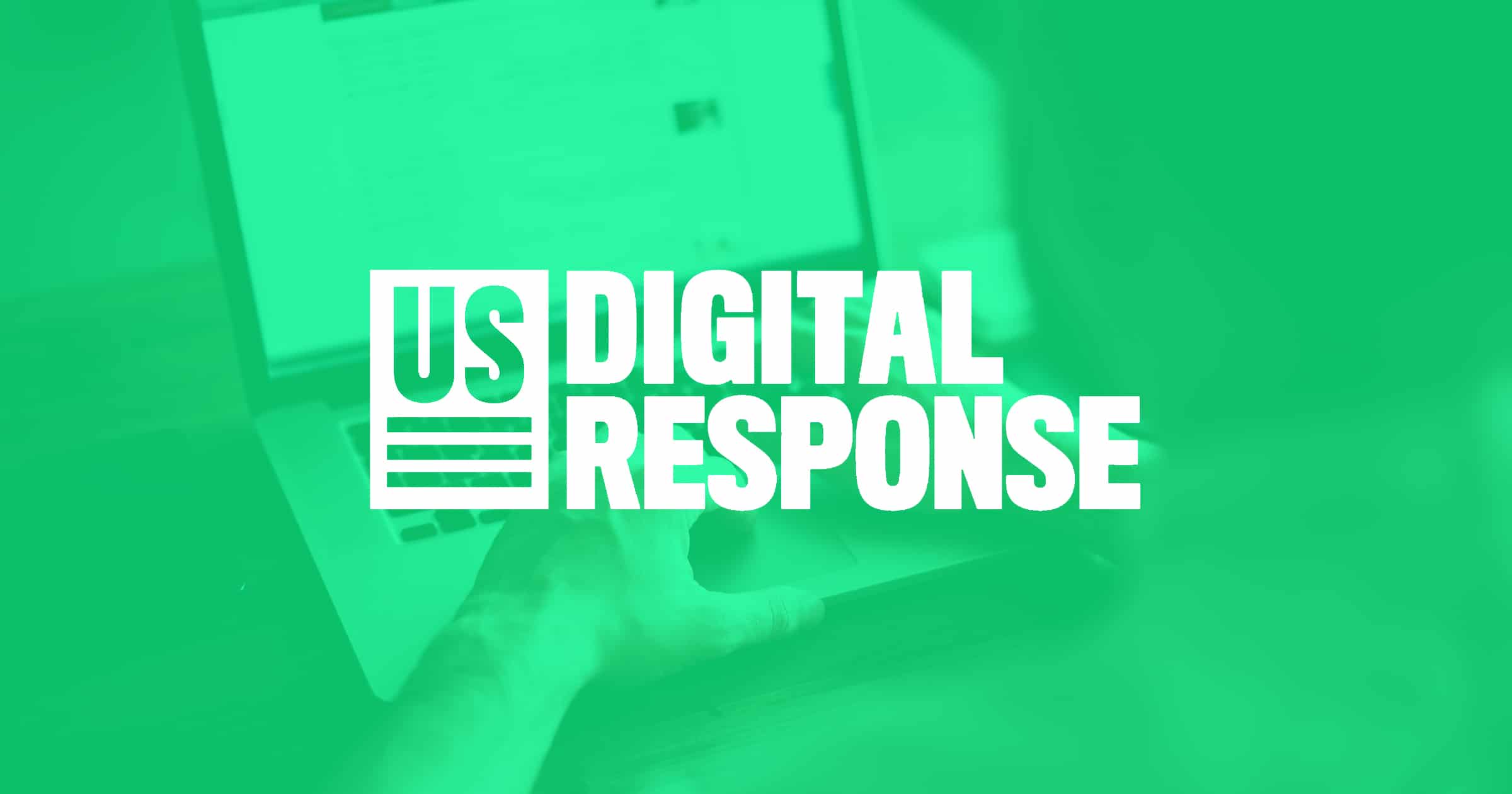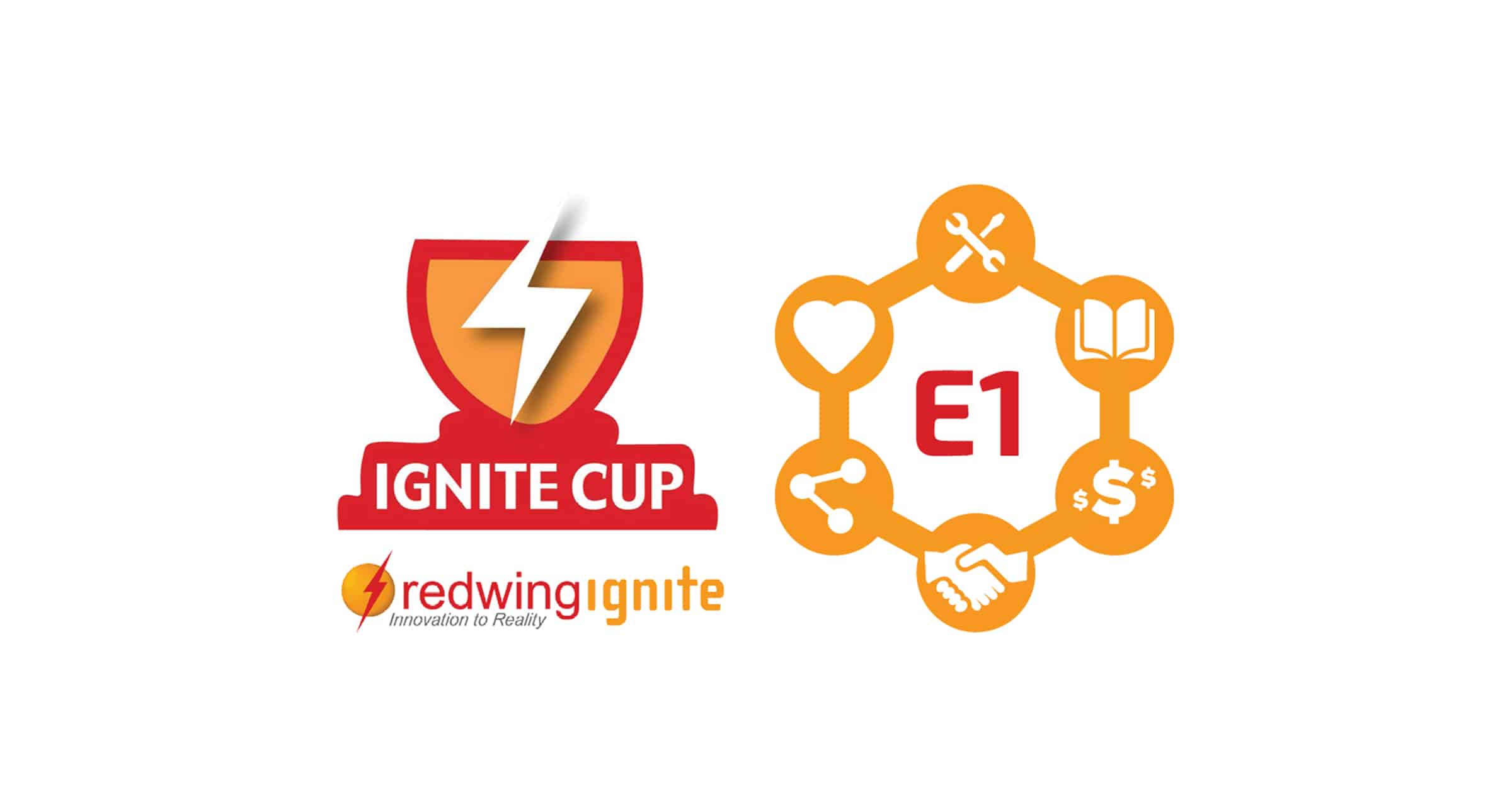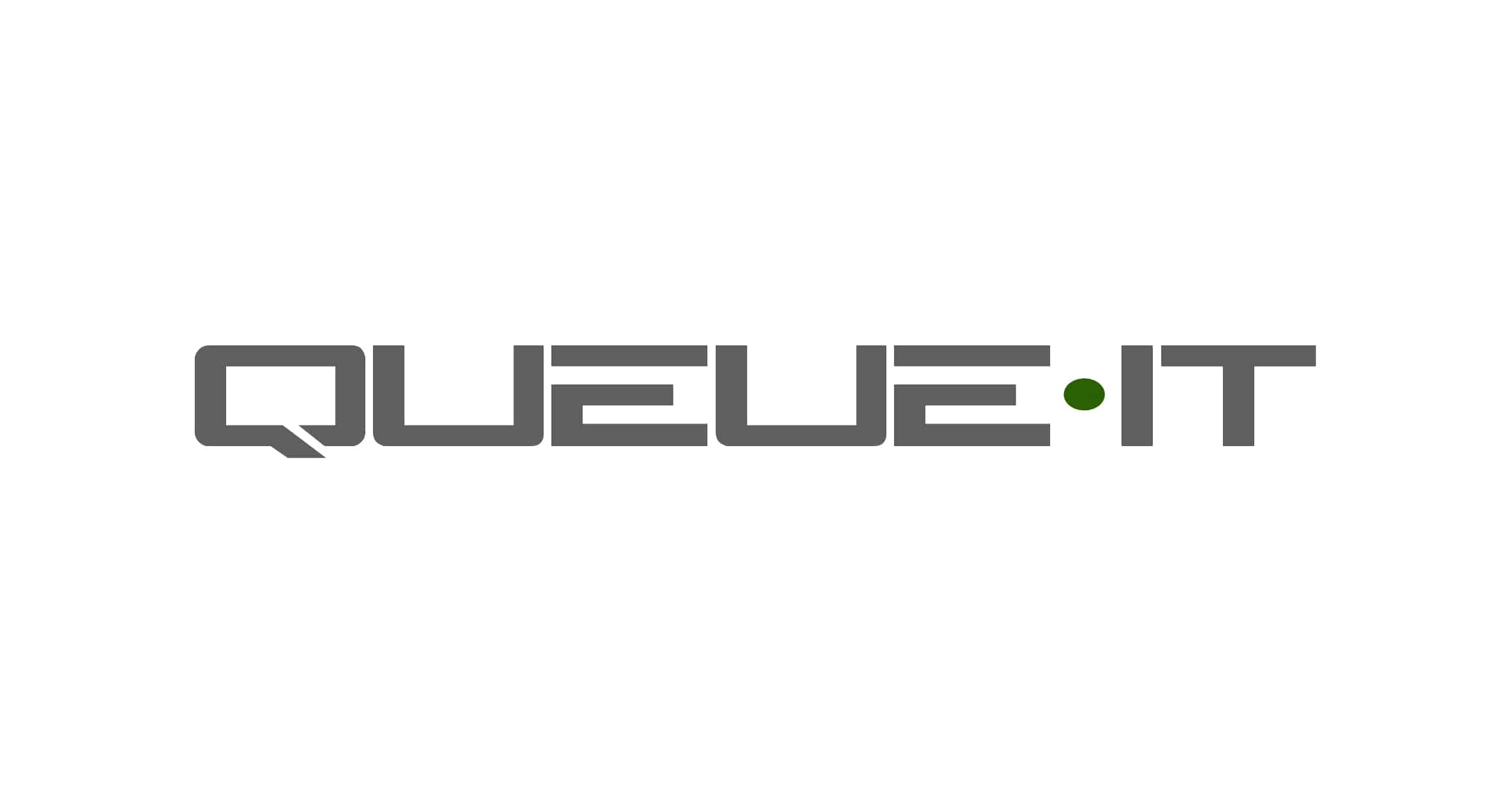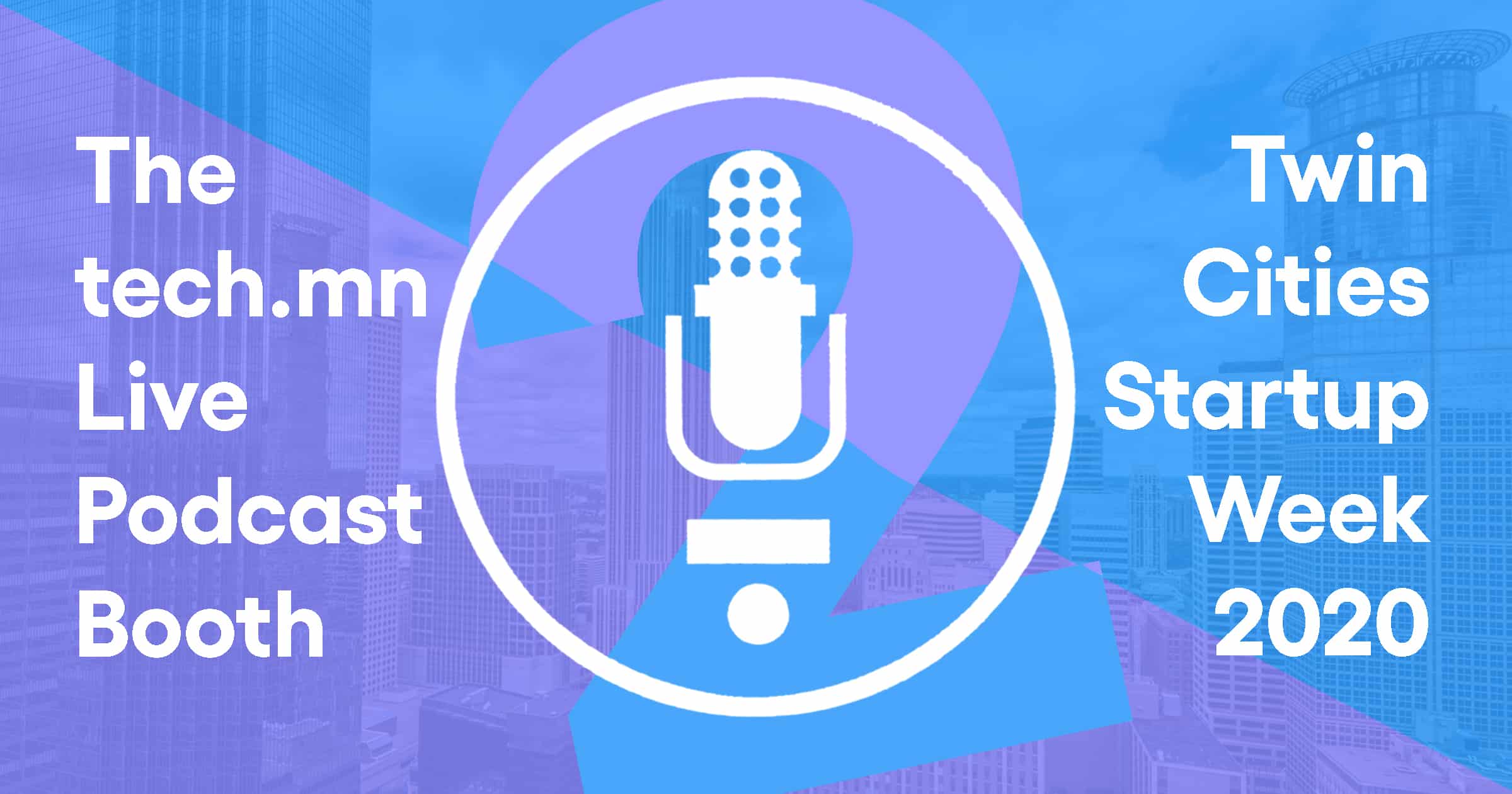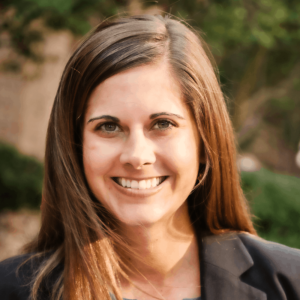
Cori Zarek
The COVID-19 pandemic has been an enormous strain on the technology capacities of state and federal agencies across the country. To strengthen services run by these agencies and prevent critical systems from failing, U.S. Digital Response (USDR) is recruiting volunteers and finding the best placement according to the needs of government requests. With a core team of former U.S. Deputy CTOs and technology industry veterans (including former chief of staff to Governor Mark Dayton Joanna Dornfeld) USDR certainly has the bonafides to curate a volunteer force for the cause during a time when many agencies are actively looking for assistance.
We touched base with Cori Zarek, USDR team member, former Deputy U.S. CTO, and Director of the Digital Service Collaborative at Georgetown University’s Beeck Center for Social Impact + Innovation, to ask some quick questions about the initiative.
tech.mn: How did the core group (as seen in the About Us page) come together for this effort? How were you able to put the program into place as rapidly as you did?
Cori Zarek: In a time of crisis such as this, government services are more crucial than ever. People rely on websites to have up-to-date information about the pandemic. Community members need government websites to work when they file for unemployment insurance or request food assistance. On a good day, our government data and technology capacities are often stretched thin, so in a crisis we knew governments would be overwhelmed and we wanted to use our tech skills to help. U.S. Digital Response was founded by three former Deputy U.S. Chief Technology Officers who have navigated a number of crises while in federal government and who continue to work with all levels of government in our current work. Jennifer Pahlka is the founder of Code for America, which supports civic tech projects in communities across the country; [I am] with Georgetown University’s Beeck Center for Social Impact + Innovation running a portfolio of action-oriented research to support the public interest technology field, and Ryan Panchadsaram is with venture firm Kleiner Perkins.
tech.mn: What kind of response are you seeing? Are your spirits buoyed by the number of volunteer responses during this time?
CZ: It’s been heartening to see hundreds of Americans across the country raise their hands to use their data, design, and tech skills to help however they can. We have more than 3,500 volunteers in our system and are working quickly to match them with projects to support governments at all levels.
tech.mn: For someone who is unsure if their skillset can help, how would you explain the importance of this effort and the need for these roles right now?
CZ: Whatever your skills, wherever you are, we are encouraging any interested volunteer to consider their own local communities and offering support where they are in addition to volunteering for larger efforts such as this. There may be a need for your software developer skills or data analysis, but even if there isn’t an immediate need for that there are plenty of needs for neighbors to support neighbors and consider your local community in addition to broader efforts like U.S. Digital Response.
If you’re skilled in technology, communications, or operations, you could be of crucial help in the fight against COVID-19. Learn more about the volunteer process and apply today.

